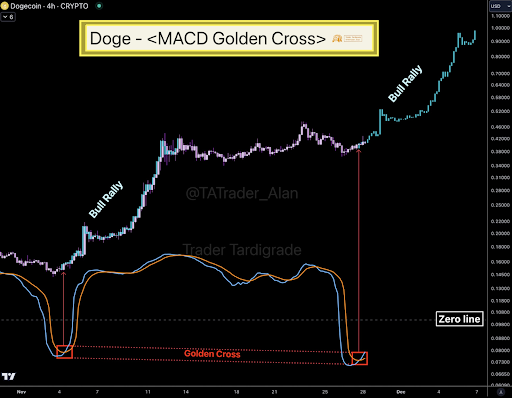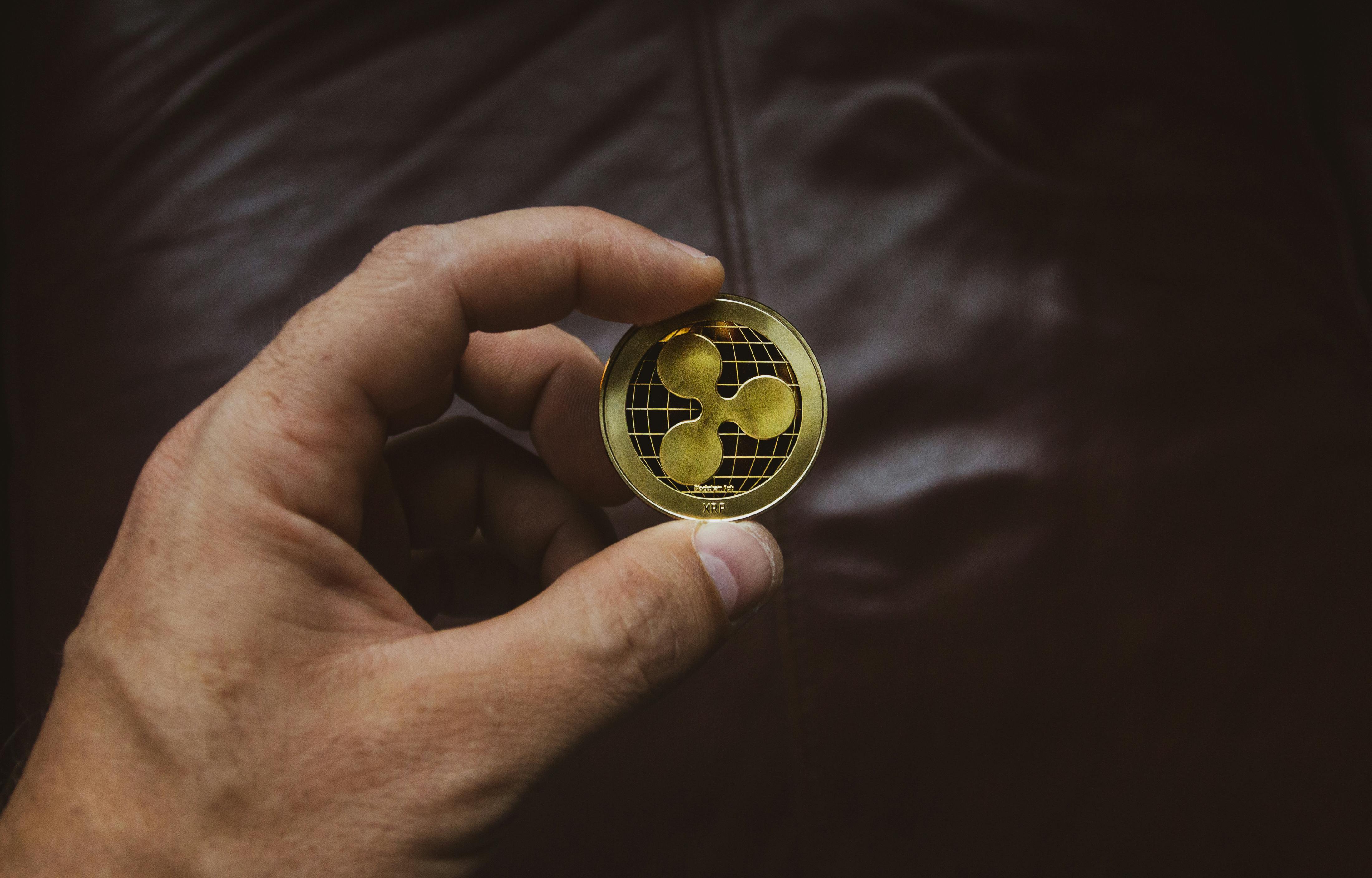ARTICLE AD
Maduro’s stance on cryptocurrency has always been a mix of enthusiasm and controversy. While he has touted Venezuela’s leadership in crypto adoption, the actual use and value of the Petro remained low.
Nicolas Maduro has been declared the winner of the Venezuelan presidential race, according to the country’s election body. Despite the opposition also claiming victory, Maduro’s government states that he secured 51% of the vote, with opposition candidate Edmundo González garnering 44%. However, these results are based on 80% of voting stations.
In the past few years, Venezuela has continuously relied on the crypto industry due to a dire economic situation and international sanctions. It has also faced the exodus of nearly 8 million citizens over the past decade.
Reliance on Crypto
The South American nation has become one of the primary remittance-dependent countries on the continent. According to blockchain analysis firm Chainalysis, over $461 million in remittances were processed through cryptocurrencies in 2023.
Maduro’s government has also attempted to leverage blockchain technology to mitigate economic challenges. In February 2018, Maduro linked the Venezuelan bolívar to the Petro (PTR), a state-issued cryptocurrency supposedly backed by oil reserves. He declared that 3,600 new bolívars would be equivalent to one Petro, valued at $60. Despite Maduro’s claims of increasing crypto adoption in South America, the Petro faced limited success and substantial criticism.
Notably, the Petro cryptocurrency officially ended in January 2024 after a series of corruption scandals and financial irregularities. Maduro’s government converted the remaining Petro assets to bolivars, marking the end of an ambitious yet troubled experiment.
Maduro’s Controversial Stance
Maduro’s stance on cryptocurrency has always been a mix of enthusiasm and controversy. While he has touted Venezuela’s leadership in crypto adoption, the actual use and value of the Petro remained low.
Many suggest that Maduro does not like crypto, but he loves the government-controlled Petro. According to local reports, cryptocurrencies are mostly traded underground via peer-to-peer services in Venezuela.
In his victory speech, Maduro praised the electoral system. He also took the opportunity to label Argentina’s President Javier Milei a “sociopath”. Milei, in contrast, stated on social media that Venezuelans had chosen to end Maduro’s dictatorship and stated that Argentina would not recognize another fraudulent election. Milei has previously expressed positive views on Bitcoin, describing it as a decentralized global currency.
Global Reaction to the Election
The reelection of Nicolas Maduro has sparked major controversy both domestically and internationally. The global response to the election has been mixed. United States Secretary of State Antony John Blinken voiced “serious concerns” about the election results. Similarly, Republican Senator Marco Rubio from Florida, home to the largest Venezuelan community in the US, criticized the election as a “predictable and ridiculous sham”.
On the other hand, Cuban President Miguel Díaz-Canel praised the outcome, stating that the “dignity and courage of the Venezuelan people triumphed over pressure and manipulation”.

 4 months ago
29
4 months ago
29 

